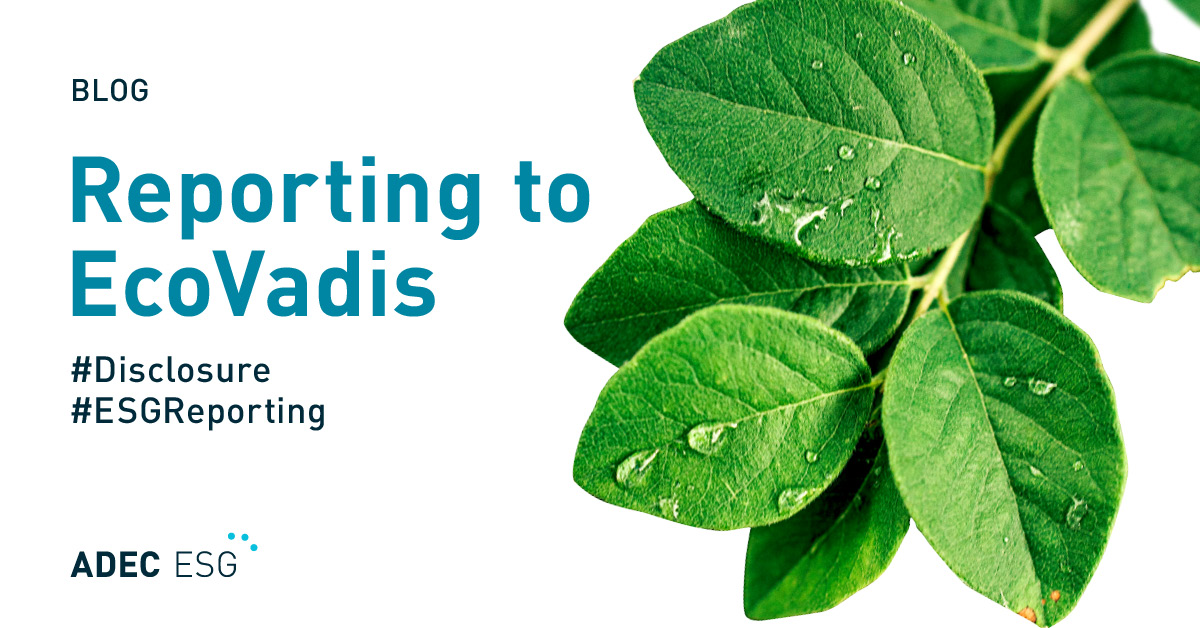
Transparency and accountability are a key part of achieving high environmental, social, and governance (ESG) performance. Regular supplier auditing is the most common way for many organizations to manage risk and gain visibility into their supply chains. But are current methods really fit for this purpose?
Every year, textile suppliers receive audits and assessments from their buyers, adding up to a considerable cost in time and resources. From a brand perspective, the time-consuming nature of audits means that the data used is often out-of-date, making it difficult to enact timely changes. The volume of data can also cause problems – in a deep supply chain, auditing can unearth mountains of information from a series of co-dependent suppliers, making it difficult to draw meaningful conclusions.
What changes can we make to the current process of auditing to create a system that is efficient, is effective, and produces value?
Give performance metrics a framework
Suppliers should ensure they have a comprehensive understanding of the environmental, health, and safety (EHS) metrics that are most relevant to their work. EHS managers should have access to complete information on all relevant local and international regulations in their field.
Utilize effective tools
Provide your suppliers with the tools, such as report templates and standard operating procedures, to help them comply with both local regulations and external standards.
Participate in external compliance standards
For accountability, encourage suppliers to comply with external standards, such as the Sustainable Apparel Coalition’s (SAC) Higg Facility Environmental Module or the ZDHC Manufacturing Restricted Substances List (MRSL). This enables suppliers to provide standardized, certified data to multiple buyers, reducing the time costs of responding to different individual assessments.
Audit fatigue is a significant challenge for organizations aiming to improve their ESG performance and supplier relations. Organizations should work together with suppliers to develop best practices and help them improve their performance over time, rather than apply punitive action to those who fall short. This type of nurturing supply chain management strategy can improve supplier relationships, overall efficiency, and the reliability and quality of assessment data.
ADEC Innovations is a leading provider of ESG solutions, including fully-integrated industry expertise, software solutions, and data management. Contact us to learn more about how we can work with you to design custom solutions for your sustainable supply chain.




